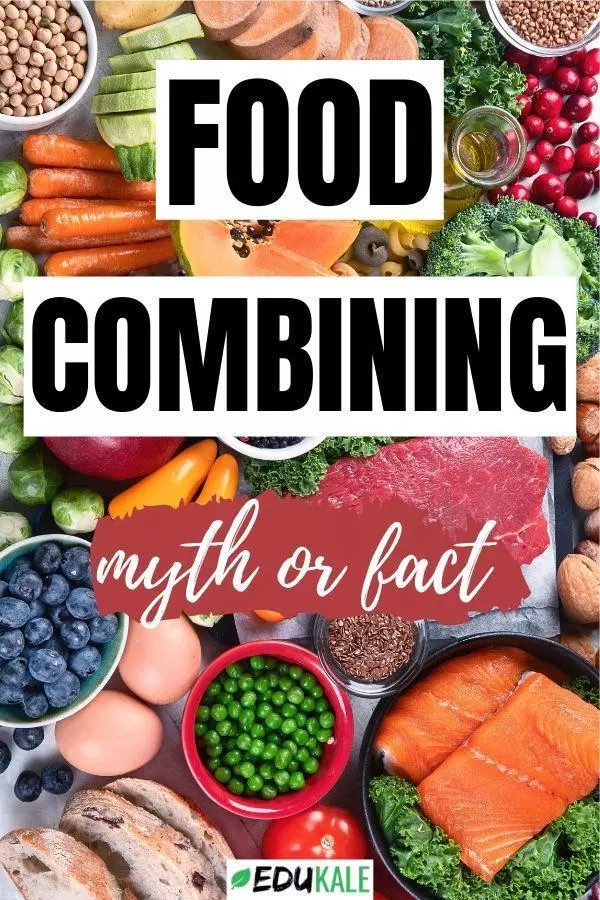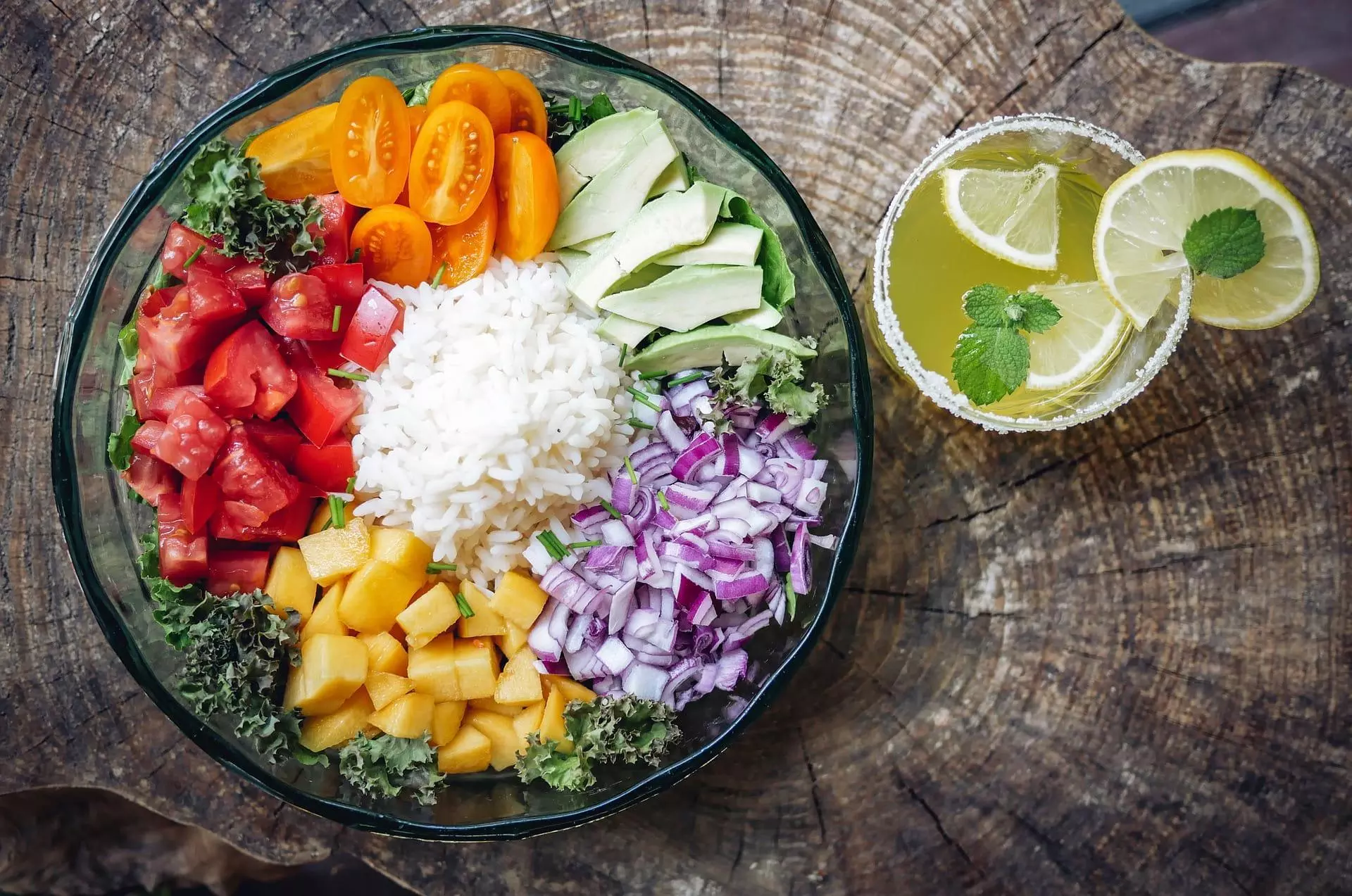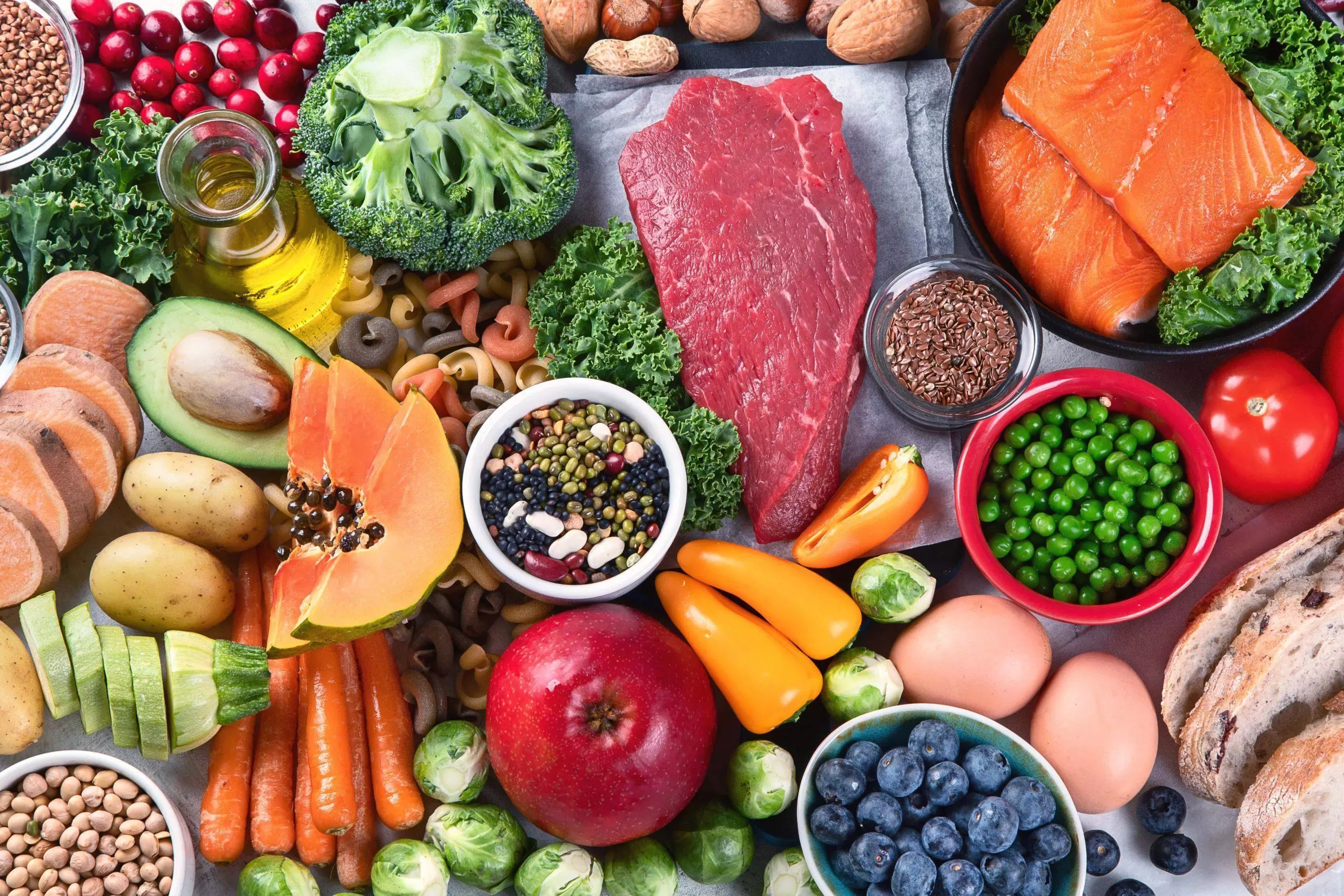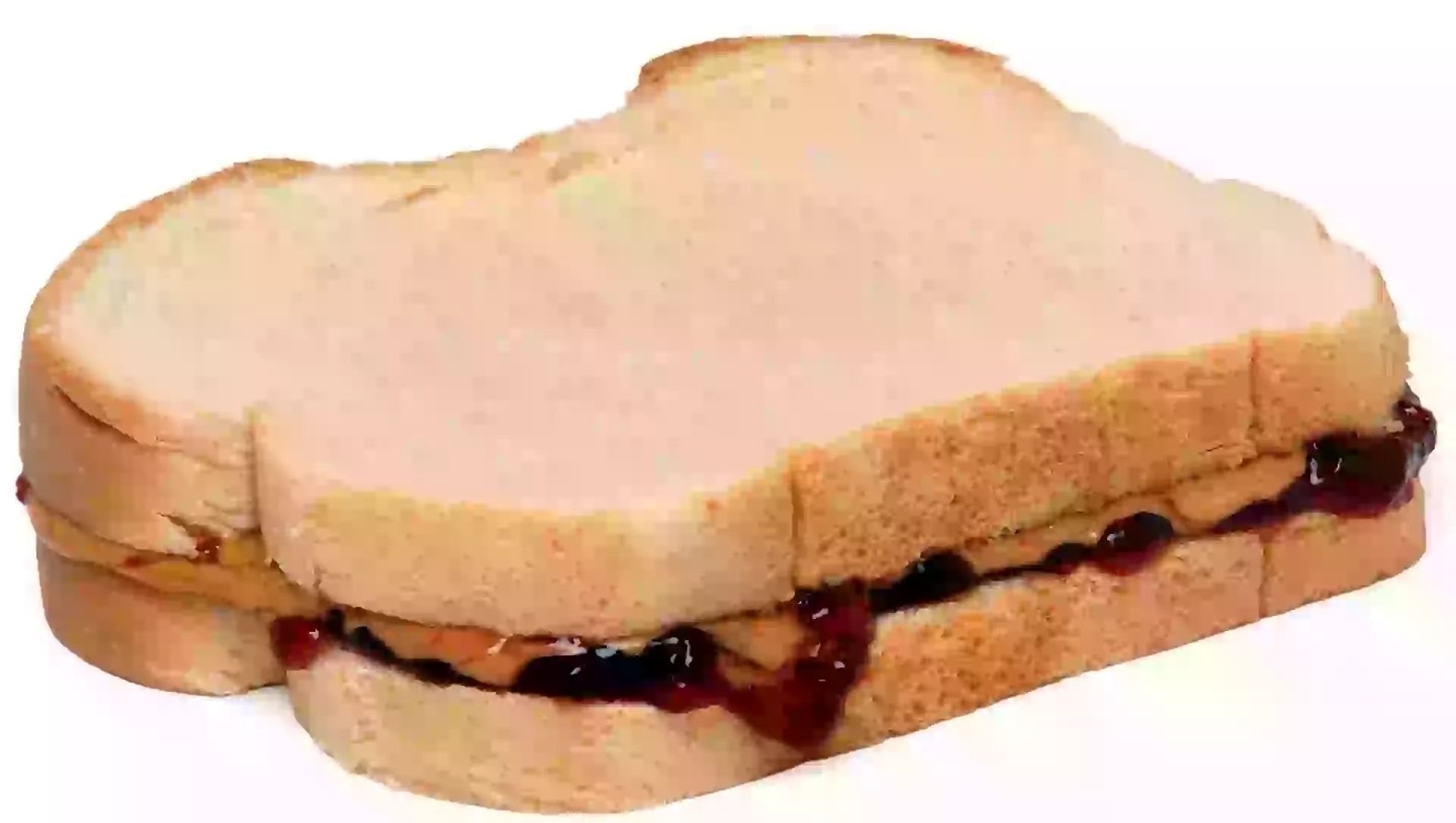This post contains affiliate links from which I may receive a small commission, at no extra cost to you. In no way does this affect my opinion or the information I provide on the product. Please read my disclaimer for more info.
With so many different food trends to keep up with, I know things can get rather confusing. New nutrition rules pop up one day and are banned the next. Yesterday’s healthy foods are today’s junk food, and vice-versa.
For these reasons, I try to give you science-based facts and unbiased reviews to help you see clearly among the chaos.
The trend we are going to tackle today is food combining. It comes from Ayurvedic medicine and is increasing in popularity. It involves eating only foods that “go well” together and not mixing food groups.
But is it a trend you need to get behind or leave behind?
Is food combining a myth or a fact?
The food combining way of eating is gaining popularity and supposedly has many benefits such as reducing bloating and helping with weight loss. However, it is not backed by science and no evidence supports its alleged benefits.
Your body is perfectly capable of breaking down and digesting different food groups at the same time. Therefore, food combining is a myth and not a fact: you can enjoy your pb&j sandwich without hesitation.

What is food combining?
The food combining theory states that your body is unable to digest certain foods correctly if eaten in the wrong combination. Foods are sorted into different groups: sweet fruits, acidic fruits, vegetables, carbohydrates, proteins, and fats.
The food combining diet has rules on if and how these foods should be associated. If the rules aren’t followed, advocates of the diet believe that foods will rot in your stomach, affect your pH levels, cause bloating and gas, lead to poor digestion, etc.
What are the rules of food combining?
Here are a few of the food combining rules.
First of all, fruit should only be eaten alone and preferably on an empty stomach. Fruits should be separated into three categories: sweet fruits, acidic fruits, and melons. You shouldn’t mix these categories with each other.
Dairy should always be eaten on an empty stomach as well. Starches shouldn’t be mixed with protein or with any acidic foods. Protein shouldn’t be mixed with fat or any alkaline food.
Here are a few more guidelines.
So is food combining a myth or a fact?
The food combining theory.

The theory behind food combining is that different foods are digested at different speeds. By mixing the wrong foods together, this could create a “traffic jam” in your gastrointestinal tract, and “quickly” digested foods could start to rot.
In addition, different foods require different enzymes and specific pH levels in order to be digested. Advocates of the diet claim that eating foods that don’t “go together” could “cancel out” each other’s optimal digestive solutions.
All of this could lead to digestive issues and health consequences. This is supposedly the cause of bloating, irritable bowel syndrome, digestive problems, and more.
So are the claims true? What does the science say?
Why food combining is a myth rather than a fact
How our digestive system actually works
First of all, we are not meant to digest only one type of macronutrient at a time. Even “single food” is made up of a mix of macros.
Meat has protein, sure, but also fat. Beans have carbohydrates, but also protein. Avocados have fat, but also carbs. Nuts are full of protein, fats, and carbs.
So, food combiners, what are you to do?
For this reason, our digestive system is actually well equipped to deal with different macronutrients at the same time. This is the way we have evolved.
When we smell food and put it in our mouth, we start to secrete amylase, which is the enzyme that breaks down carbohydrates.
When the food enters our stomach, we release gastric acid along with lipase (enzyme that breaks down fats) and protease (enzyme that breaks down protein).
When the food moves into our small intestine, all three (and more!) of these enzymes work together to break it down.
Our body is actually used to digesting different foods at the same time, and this can actually be beneficial.
For instance, if you eat carbs (especially refined ones) on their own, they will rapidly be absorbed and cause a spike in blood sugar. Instead, eating them along with proteins and/or fats will slow down the digestion process, flatten that spike, and keep you fuller for longer.
The pH of our digestive tract
Another important thing to point out is that acidic/alkaline foods do not change the pH of your digestive tract, and therefore do not alter the efficiency of your enzymes.
What is true is that enzymes work properly within a specific pH range (which is actually pretty wide). However, your body regulates its own pH levels to keep them optimal at all times.
If your stomach (which is very acid) gets too alkaline after eating a meal, it will release gastric acid to counter this.
If your small intestine (which is alkaline) becomes too acidic, your body will release alkaline bicarbonates to cope.
Basically, your body is able to regulate itself regardless of what you eat.
Also, food will not rot in your stomach.
Since fruit gets digested faster than meat, for instance, proponents of the food combining diet believe that it will start to rot in your stomach while the meat is being digested.

However, the very low pH of your stomach doesn’t actually allow for any kind of food-decomposing bacteria. 1 The place that thrives with bacteria, however, is your large intestine.
This is where your “good” microbiome lives, providing you with a whole lot of benefits by fermenting the undigested food. So the fermentation and gas you may experience could, in fact, be a sign of good gut health.
Of course, if you are experiencing abnormal gas or bowel problems, that is something to discuss with your doctor.
As for weight loss, some claim that this diet works wonders. A small study actually tested this.
Participants were fed low-calorie diets, some respecting the food combining rules and others not. The study showed that both groups achieved similar results, regardless of the type of diet they had been on.
So again, no scientific evidence back these weight-loss claims.

But…what if food combining works for me?
I always like to remind you that we are all different, and so are our bodies and relationships with food. If you have been on this diet and have seen some benefits, then by all means continue! If it is enjoyable, sustainable, and healthy for you, I see no reason not to.
I do want to point out that this diet does encourage you to eat in a more mindful way, and also eliminates a good amount of junk food (hamburger, pizza, fast food…) which causes bloating. These are good things of course but they may also explain why this diet seems to work for some people.
In addition, this way of eating may also be rooted in certain cultural traditions and beliefs, and that is absolutely fine.
My goal is to give you the facts so you can make your own informed decisions— it’s certainly not to judge anyone’s way of eating.
Finally, there are some cases where foods should be eaten together or separately for optimal benefits. You can check out my article about that right here!
So there you have it, food combining is a myth and not a fact.
It is not backed by science, and no evidence supports its supposed benefits. Your body is perfectly capable of breaking down and digesting different food groups at the same time.
As usual, my best advice is to eat whole, healthy foods while practicing mindful and intuitive eating. There’s no need to pressure yourself into following so many unnecessary rules!
-Lucie


Comments are closed.